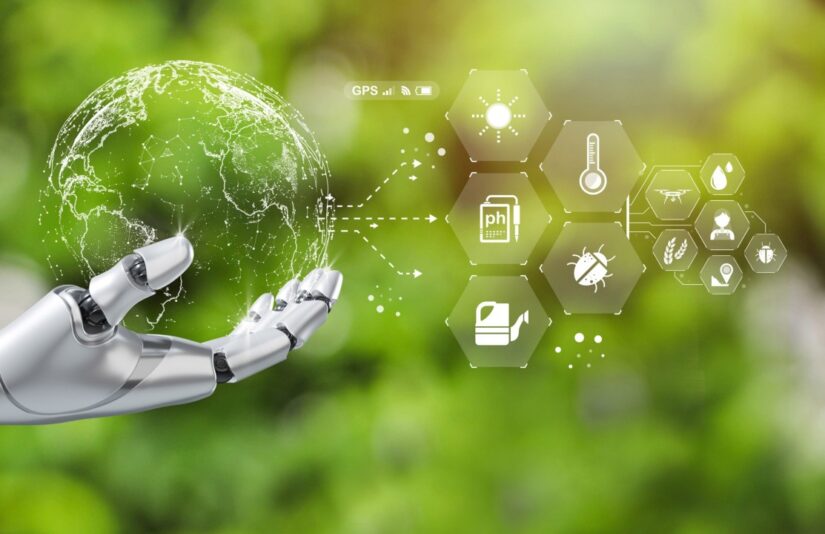The Crucial Intersection of Policy and Advocacy in the Philippines
In the heart of Southeast Asia, the Philippines stands as a nation of unparalleled natural beauty and ecological diversity. Yet, behind its picturesque landscapes and vibrant marine ecosystems lies a pressing reality: the urgent need for sustainable development. As the country grapples with environmental degradation exacerbated by climate change, the roles of policy and advocacy emerge as pivotal in steering the Philippines toward a future where conservation and progress coexist harmoniously.
Current Environmental Realities
The Philippines is home to diverse ecosystems—from lush rainforests to extensive coral reefs—that are breathtaking and essential for the livelihoods of millions. However, unchecked urbanization, deforestation, and pollution have placed immense strain on these delicate environments. The effects are tangible: severe weather events, dwindling fisheries, and coastal erosion threaten the environment and the socio-economic fabric of communities reliant on natural resources.
Policy Frameworks: A Foundation for Change
The Philippine government has enacted various environmental laws to safeguard its natural heritage in response to these challenges. The Renewable Energy Act of 2008 stands as a beacon for sustainable energy solutions, encouraging the shift towards cleaner alternatives and reducing dependence on fossil fuels. Similarly, the Expanded National Integrated Protected Areas System (E-NIPAS) Act of 2018 expanded protected areas across the archipelago, offering critical habitats a shield against encroaching threats.
Despite these legislative strides, the gap between policy formulation and effective implementation remains challenging. Inconsistent enforcement, bureaucratic inefficiencies, and sometimes conflicting interests among stakeholders often undermine the intended impact of environmental laws. For instance, while the Ecological Solid Waste Management Act of 2000 aimed to revolutionize waste management practices, local compliance challenges persist, hindering progress towards sustainable waste solutions.
Advocacy: Amplifying Voices for Change
Amidst these challenges, the role of advocacy groups and non-governmental organizations (NGOs) emerges as a catalyst for environmental action. Organizations such as Greenpeace Southeast Asia and WWF Philippines have spearheaded campaigns advocating for marine conservation, sustainable fisheries management, and the protection of endangered species. Their efforts raise public awareness and hold policymakers accountable, pushing for more stringent environmental regulations and fostering a culture of environmental stewardship.
Towards a Sustainable Path Forward
To forge a sustainable future, the Philippines must navigate a complex landscape of environmental, social, and economic considerations. Strengthening institutional capacity for enforcement and compliance is paramount, ensuring that environmental laws are not mere rhetoric but actionable mandates. Investments in renewable energy infrastructure and sustainable land-use practices are equally crucial, offering viable solutions to mitigate climate impacts and safeguard natural resources for future generations.
Moreover, empowering local communities as stewards of their environment is essential. Engaging stakeholders in decision-making processes, promoting sustainable livelihoods, and integrating environmental education into curricula are pivotal steps towards fostering a collective commitment to conservation.
As we stand at the crossroads of environmental stewardship and sustainable development, the Philippines has a unique opportunity to lead by example. The choices made today will shape the country’s environmental legacy for decades to come, influencing the well-being of its people and the preservation of its natural heritage. It is incumbent upon policymakers, civil society, and every Filipino citizen to embrace a future where economic progress aligns with ecological resilience. In the future, policy and advocacy will converge to forge a path towards sustainability.
The journey toward a sustainable future is not without its challenges but must be embarked upon with unwavering determination. By harnessing the power of policy innovation, advocacy enthusiasm, and community engagement, the Philippines can pave the way toward a future where nature thrives, communities prosper, and generations inherit a planet worth cherishing. The time for action is now, for the pursuit of sustainability lies the promise of a brighter tomorrow.


